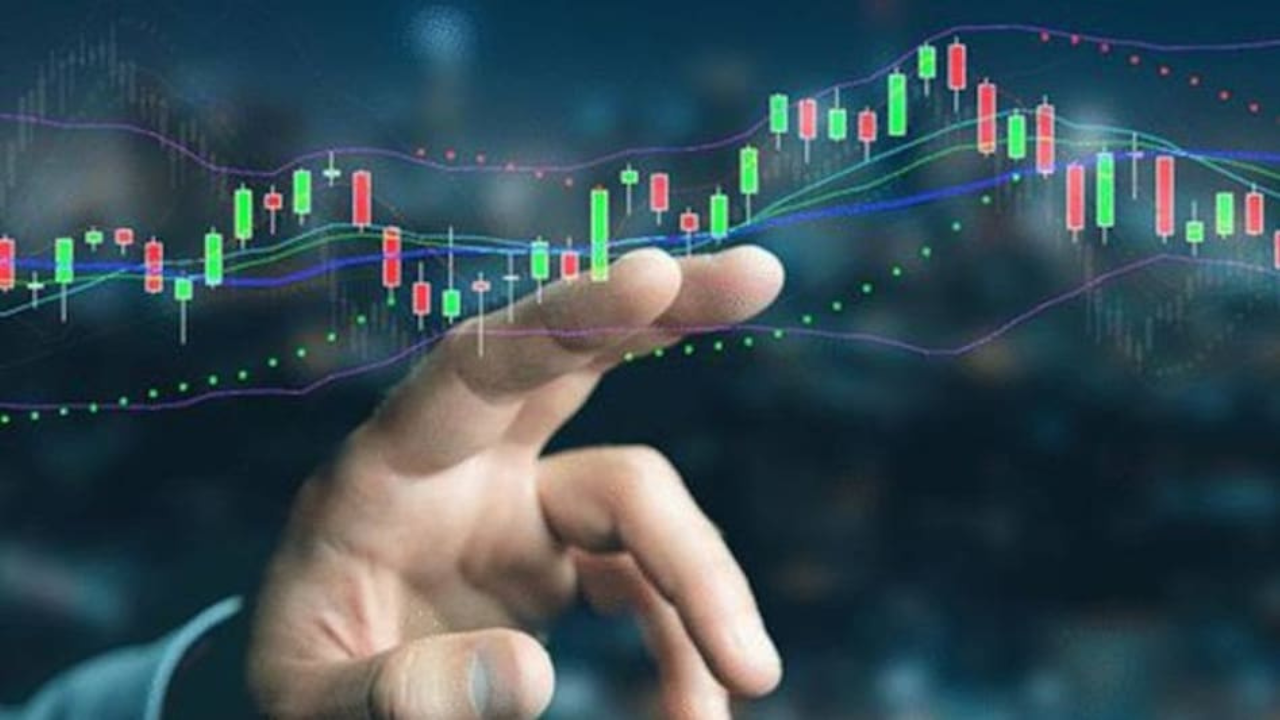The Gaza conflict poses a major risk
Even Nostradamus would have been confused.
In addition to the human toll, disturbing developments in the Middle East(Gaza) pose risks to the already depressed global economy.
The Bible’s Book of Revelation (the source of Armageddon) identifies the Four Horsemen of the Apocalypse. Interpretations have changed over time, but today they include disease (COVID-19), famine (lack of food, water, and energy due to extreme weather), war (Ukraine and now Gaza), social and political problems. It can embody anxiety (everywhere).
Hindu tracts believe that this is his fourth and worst of his four eras of the world, Kali Yuga, full of conflict, suffering, and disaster. The prediction may come true.
In addition to the human cost, the depressing development poses a risk of global economic downturn.
- The IMF’s latest report predicts that growth will slow from 3.5% in 2022 to 3% in 2023 and 2.9% in 2024, below the historical average of 3.8% from 2000 to 2019. Expect. Developed countries are expected to see the sharpest slowdown, falling from 2.6% to 1.4% in 2024. In contrast, growth in emerging and developing countries is expected to decline slightly, from 4.1% to 4%. The underlying reasons include a weak recovery from the pandemic, depleted savings, China’s real estate problems, unsustainable global debt, banking problems, inequality, deglobalization, and political paralysis.
Even if localized, the conflict in Gaza will exacerbate existing tensions, combining religion, ethnicity, territorial claims, genocide, and unequal use of weapons. Asymmetric warfare, such as “lone wolf” and “sleeper cell” attacks, can spread this conflict around the world and have consequences, as 9/11 highlighted. The possibility of a military conflict between regions or between major powers cannot be denied, and the impact would be many times greater.
As the history of World Wars I and II shows, once a war begins, no one is the master of anything, but rather everyone is a slave to unpredictable and uncontrollable events. The exact order is unknown, but several potential forces will be at the forefront. Political influence influences financial influence.
As with Ukraine, the Gaza conflict will divide the world as countries take sides. While this reflects historical loyalties, there is also often a misunderstanding of the national interest and the desire to maximize electoral advantage at home. Such events expose deep-seated hypocrisies and double standards on issues such as arms supplies, war crimes, and humanitarian concerns, exacerbating divisions.
America may become weaker. Unwavering support for Israel undermines its ability to play a role in the Arab Middle East. Qatar, the United Arab Emirates, Saudi Arabia, Jordan, and Egypt, which have sought to de-escalate tensions in the region, will find it difficult to work with a United States that quickly becomes thoughtlessly partisan at the first provocation. .
The Middle East’s rulers remain concerned about the existential threat (Gaza) posed to their regimes by the U.S.-sponsored color revolutions and the ill-fated Arab Spring. The transfer of resources to Israel and the possible abandonment of Ukraine raise questions about US capabilities. Countries that rely on U.S. military protection (Europe, Japan, South Korea, Taiwan, Australia, Gulf states) as well as competitors (China and Russia) will likely be watching.
These political factors affect economies through multiple channels, primarily through trade and commerce disruption, but relative geopolitical stability is necessary for economic prosperity. First, trade is already slowing and could slow further. Countries will be conscious of avoiding critical strategic dependencies and will seek greater self-sufficiency and new arrangements with like-minded travelers. Sanctions such as those imposed by the United States on China for dual-use civilian (Gaza ) and military purposes and advanced technologies will accelerate this process. Long supply chains need to be overhauled, which is a long, thankless, expensive and possibly impossible task. Trade-dependent emerging markets may find themselves in trouble. Second, inflationary pressures may return.
The recent improvement is mainly due to lower energy prices, and the combination of the Gaza conflict and Russia’s continued restrictions could lead to higher energy costs. In the worst-case scenario, the oil embargo around 1974 and the blockage of the Strait of Hormuz and Suez Canal would dramatically change price trends.
Other commodity prices (wars use large amounts of oil and metals) can create other pressures, along with demand for raw materials needed for the energy transition. When labor is used to wage war, labor costs rise. The movement of talent needed by the defense industry, particularly in science and technology, will slow, leading to skills shortages. All this, in addition to the push for deglobalization, will lead to inflation. Rising prices and the associated rise in interest rates threaten a financial crisis. Excessive debtors face difficulties in refinancing and repaying their debts. Asset prices must adjust to the rising cost of capital. Emerging markets face a toxic combination of rising energy prices, rising US interest rates, and a strong dollar.
Third, the financial situation may deteriorate. The post-1989 economy benefited from a “peace dividend” as defense spending fell from about 5.5% of gross domestic product (“GDP”) in 1989 to 2.6% of GDP in 2000. This, in turn, is reversed to the detriment of more productive sectors of the economy. If government revenues stagnate, countries will continue to have deficits and debts.
Even Nostradamus, with his undocumented political and policy-making abilities, would have difficulty navigating such an environment. Leon Trotsky was right when he asserted, “You may not be interested in war, but war is.” Satyajit Das is a former banker and the author of numerous works on derivatives, including “Traders, Guns & Money: Known,” and “Traders, Guns & Money: Known,” as well as several popular titles. . Unknowns in the Dazzling World of Derivatives (2006 and 2010), Extreme Money: The Masters of the Universe and the Cult of Risk (2011), A Banquet of Consequences RELOADED (2021), and Fortune’s Fool: Australia’s Choices ( 2022). His columns have appeared in publications such as the Financial Times, Bloomberg, WSJ MarketWatch, The Guardian, The Independent and Nikkei Asia.
For more information visit at https://happenrecently.com/zepto/?amp=1
Source: www.indianexpress.com















